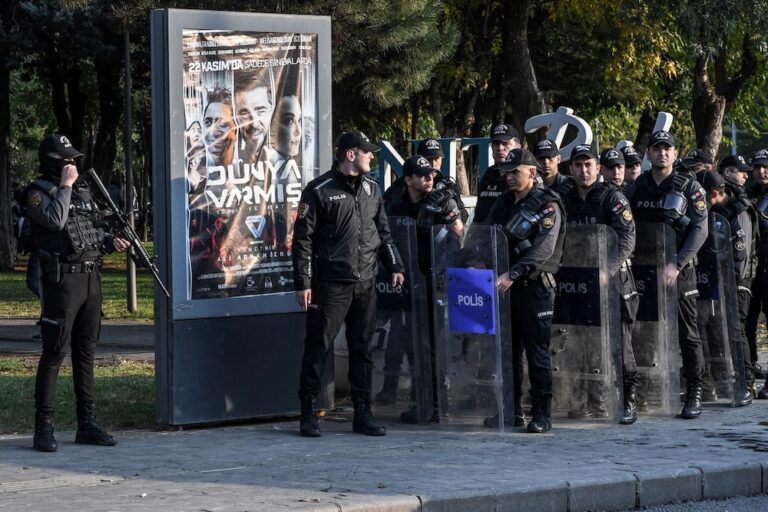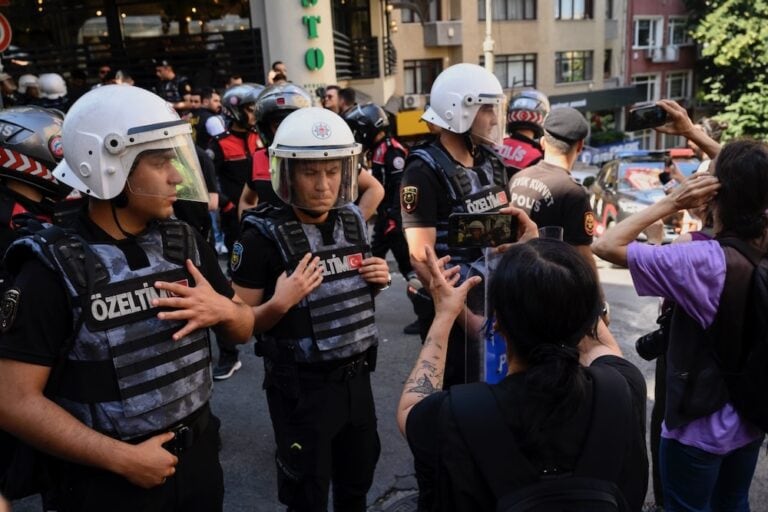The magazine said it would "not be intimidated by this sort of attack and would not compromise its editorial line."
(BIANET/IFEX) – Aziz Özer, editorial manager of “Güney” magazine, has been indicted for “spreading propaganda for the PKK organization”, the outlawed Kurdistan Workers Party. The charges are based on an article entitled, “The story of an incredible three-day resistance”, written by Mehmet Söğüt, and a short picture story called “The Judge”, by Meray Ülgen.
The Public Prosecution of Mersin (in the eastern Mediterranean region) carried out an investigation of both writers and Özer because of the contents of the magazine’s January-March 2010 edition (Issue 51).
The file was sent to the Büyükçekmece Prosecution due to lack of jurisdiction and was eventually forwarded to the Istanbul Public Prosecution. As a result of the investigation, the Istanbul Public Prosecutor, Hakan Karaali, opened a trial against Özer on 11 May under Article 7/2 of the Anti-Terror Law.
A statement published in the magazine said, “‘Güney’ magazine, which takes the side of the oppressed and the workers, will not be intimidated by this sort of attack. The magazine will not take a step back and will not compromise its line.”
Özer has previously won cases against Turkey at the European Court of Human Rights regarding restrictions on freedom of expression. He now faces imprisonment of up to 7.5 years in the case of the magazine’s writings. The first hearing is scheduled for 7 October.
The current charges stem from the article “The story of an incredible three-day resistance” published on page 24 of Issue 51. It describes an armed conflict between security forces and a PKK member who was injured during the clashes, from the perspective of the PKK member.
In addition, a caricature in Issue 98 featured a gravestone with a crescent and star and the name “Niyazi Martyr”. The caricature is also the subject of the trial since it was assessed as an “implication” that a security official who died in conflicts with the PKK “died for nothing”, as well as “praise of force and violence” and “spreading propaganda for the PKK”.


